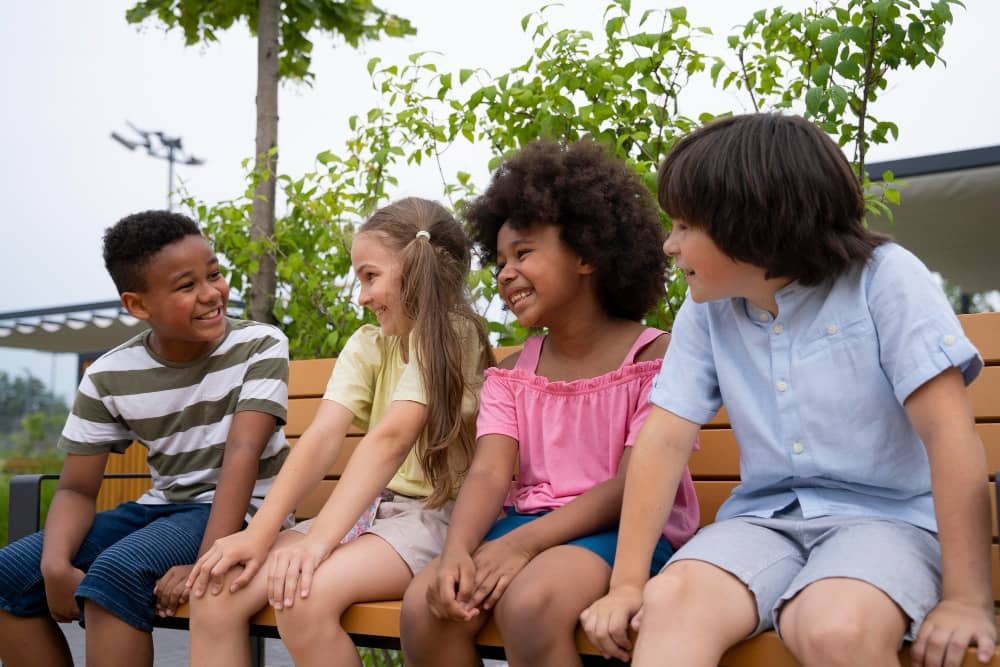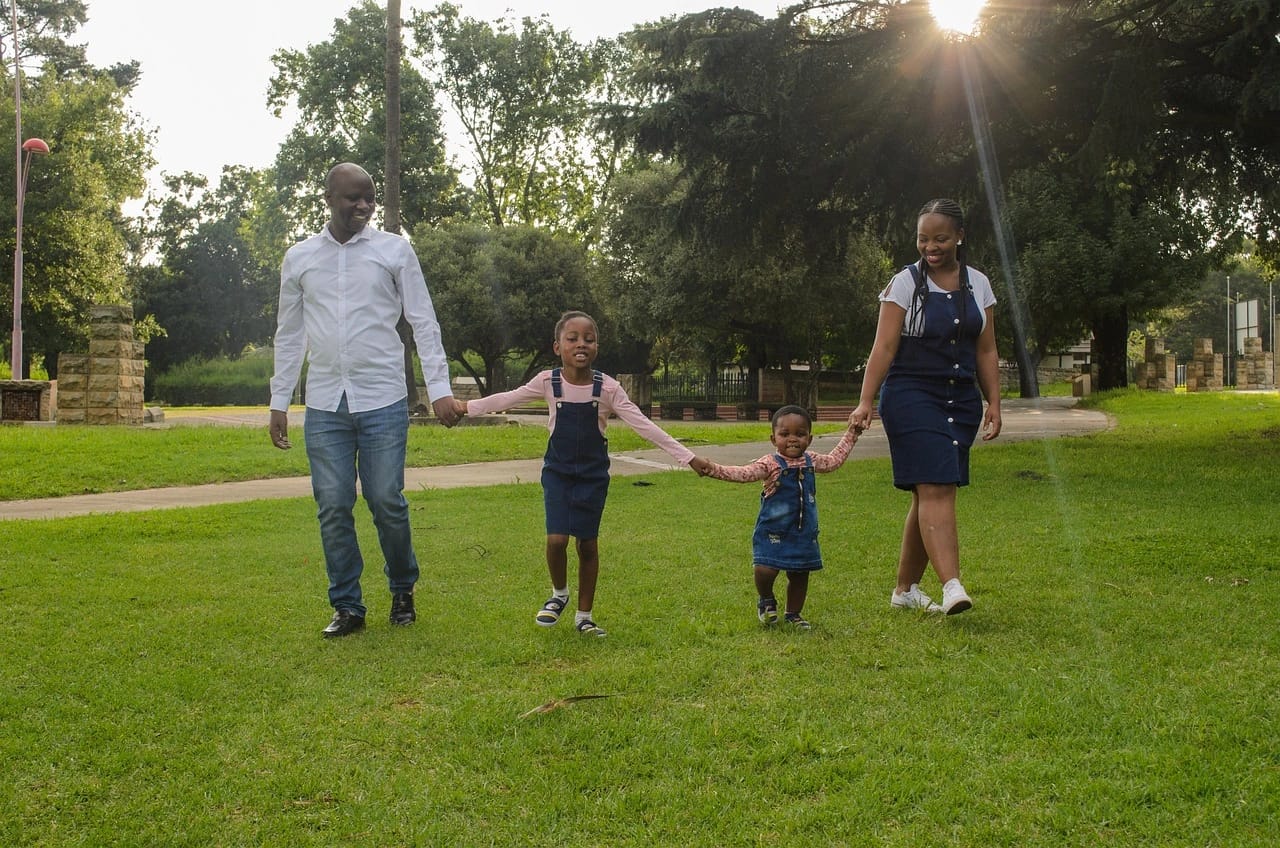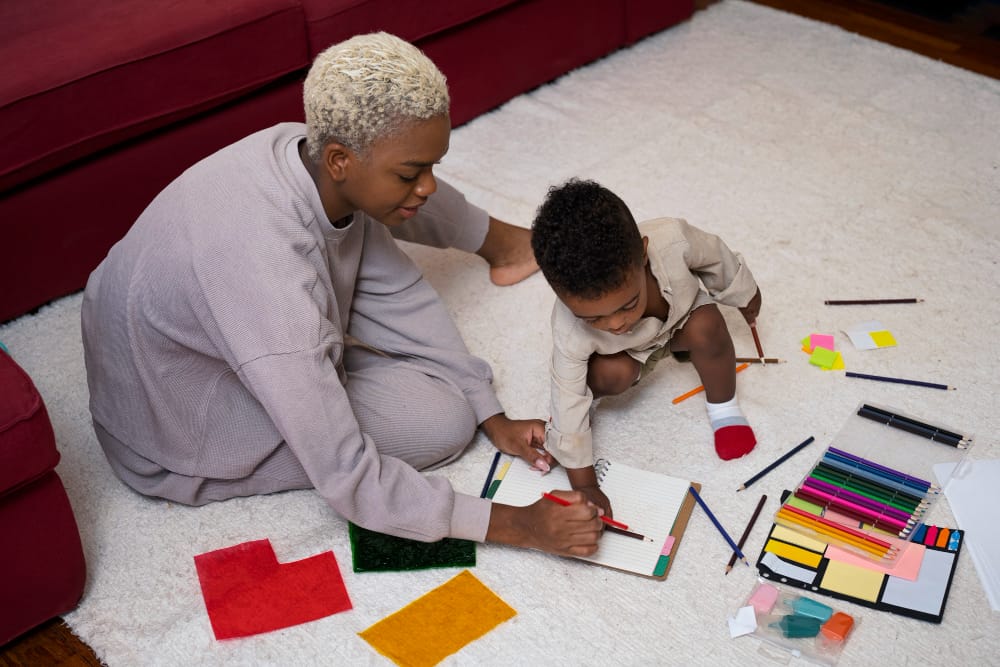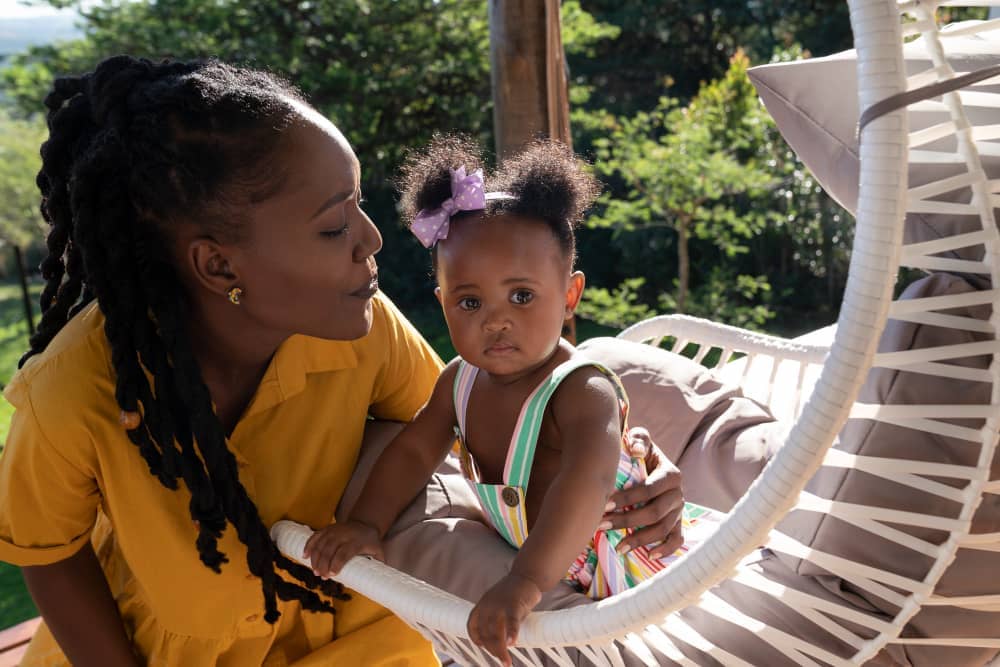How To Help Your Kids Make Friends
The biggest treasure a person can have is their friends. Friends, especially the right kind, bring happiness, fun, and support to someone’s life. They also help children develop self-control, share toys, be patient, wait their turn, and learn kindness. Additionally, friends help children feel good about themselves. That’s why today’s guide shows you exactly how to help your kids make friends.
1. Help Your Child Build Strong Social Skills
Social skills are tools that help young kids build effective friendships in early childhood. Here are some ways to help your kids make friends by developing strong social skills:.
- Talk about feelings: Encourage your child to recognize their emotions and the feelings of others. Use simple terms like happy, sad, angry, or afraid to label emotions.
- Practice taking turns: Engage in games that require turn-taking. This helps children learn to share, be patient, and take turns.
- Encourage sharing: Introduce your child to the concept of sharing, such as sharing toys and other items.
- Teach good manners: Emphasize politeness and respect by teaching your child to anticipate what others may need and offer help.
- Listen actively: Pay attention when your child is speaking. Active listening ensures they feel valued and heard.
2. Teach Them How to Make Friends
Making friends takes time, but it’s completely doable, even if your child is introverted. If you’re wondering how to help your kids make friends, here are some tips that can help you out:
- Join groups: Encourage your child to join clubs or sports, as these are great ways to meet new people.
- Playdates: Organize playdates with other children, allowing your child to practice their social skills.
- Be a good role model: Show your child how to be a good friend by being humble and generous with your time and words.
- Build confidence: Help your child develop a positive self-concept, which makes forming friendships easier.
- Be patient: Friendship takes time to grow. It can’t be rushed, and it requires constant care and attention.
3. Show Them How to Overcome Friendship Challenges
It’s normal for children to have ups and downs with their friends. Here’s how to help your kids make friends and navigate through challenges:
- Listen to your child: When your child is upset, allow them to express their feelings freely without fear of punishment.
- Offer support: Reassure your child that you will always be there for them.
- Teach problem-solving skills: Encourage your child to think of solutions for resolving minor disagreements with friends.
- Encourage compromise: Sometimes, friends need to compromise. Teach your child the value of give and take.
- Build resilience: Help your child understand that they can control certain aspects of their life and friendships.

4. Teach Your Child How to Spot Unhealthy Friendships
It’s just as important to teach your child about unhealthy friendships and how to spot them. Help your kids make friends by explaining that children may not always recognize when a friendship is harmful or one-sided. Encourage them to understand that a healthy friendship should feel supportive, respectful, and fun.
Also, explain that it might be unhealthy to have a relationship with a friend who is consistently mean, makes them feel bad, or pressures them into doing things they’re uncomfortable with.
What to Keep in Mind When Learning How to Help Your Kids Make Friends
Every child is different. Some may be more outgoing, while others are shy. However, following these guidelines is a great way to support your child’s social growth at their own pace and encourage them to form lifelong friendships in early childhood.
For more information on supporting your child’s friendship at all ages, check out these recommendations from the American Academy of Pediatrics.






